Recovering from an Emergency
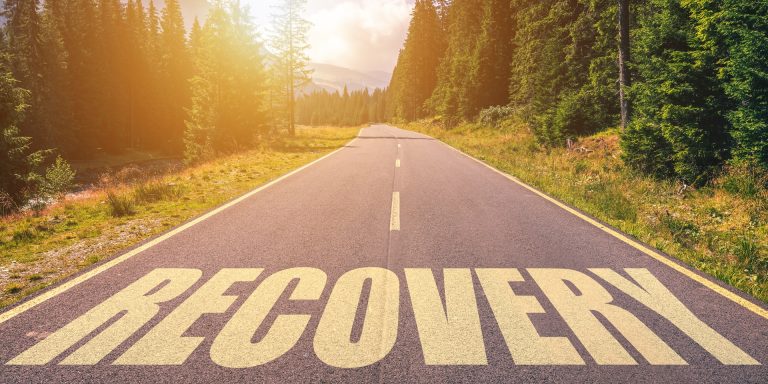
An emergency or natural disaster is a very traumatic event, and you will experience a range of intense emotions and feelings. You need to remember it’s important that you take care of your mental health and that of your friends and family who went through the experience with you.
NSW Health has some excellent resources on managing the mental health impacts of emergencies, including links to support services here.
Where to Get Emotional Support
The Australian Red Cross
The Australian Red Cross has a very helpful publication that covers common reactions to an extraordinary event, dealing with the emotional impact of a disaster and much more that you may find helpful. It’s called Looking After Yourself and Your Family After a Disaster
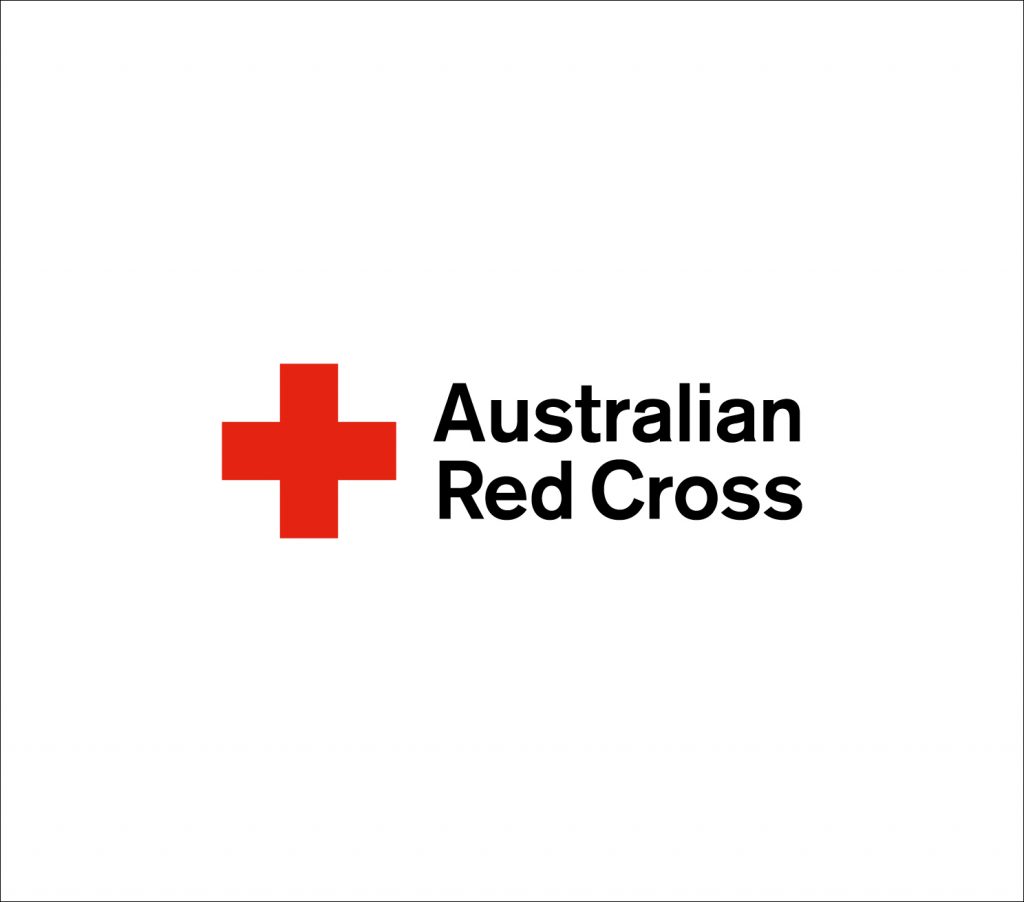
The Salvation Army
Disaster and Emergency Support Services
The Salvation Army understand that after a disaster, it’s easy to feel overwhelmed by how much needs to be done to clean up and get your life back on track. Remember you are not alone. The Salvation Army is there to provide advice and to help you decide what to do next to get some control over the situation. They will be there to support you for as long as it takes.
The Salvation Army provides ongoing care and support to communities affected by emergencies and natural disasters. Their outreach teams and chaplains offer support to people affected by natural disasters.
You can get assistance via this online form, by calling 1300 662 217 or email at sal.disasters@salvationarmy.org.au.

Lifeline
Call 13 11 14 or Crisis Text or Crisis Chat
Lifeline is a not-for-profit organisation providing free, 24-hour telephone crisis support including suicide prevention, mental health support and emotional assistance.
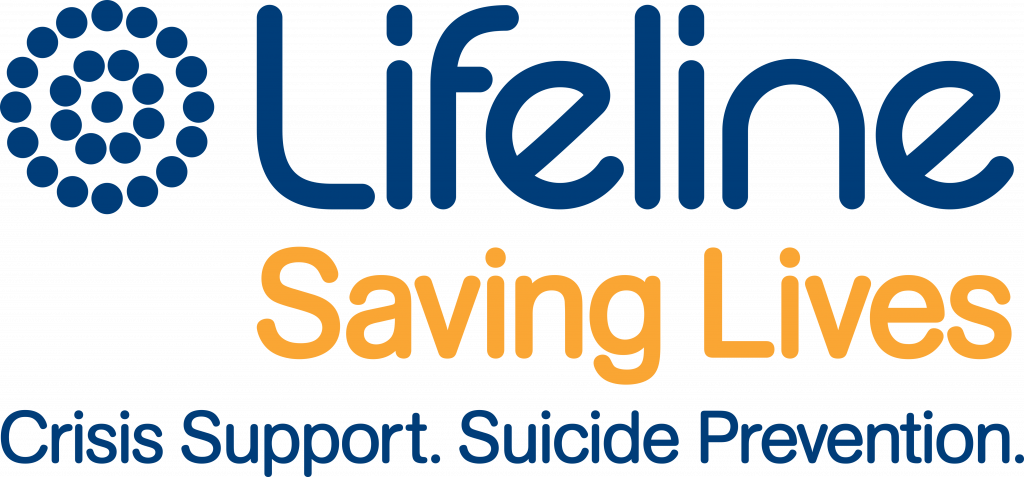
Beyond Blue
Call 1300 22 4636
Beyond Blue provide support programs covering issues related to depression, suicide, anxiety disorders and other types of mental illnesses.

Kids Helpline
Call 1800 55 1800
Kids Helpline is a free telephone and online counselling service for young people aged between 5 and 25.
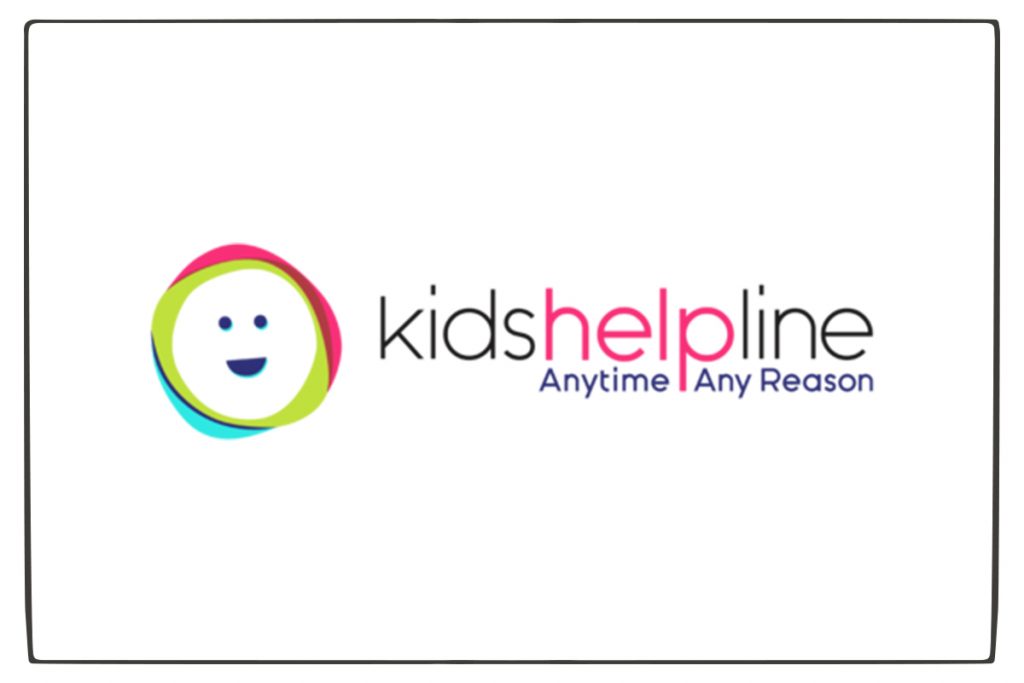
Where to Get Government Financial Support
NSW Government
An emergency or natural disaster can be devastating emotionally and financially. But there is government support available. If you live in an area declared a natural disaster you may be eligible for financial assistance or other support from either the NSW Government or the Federal Government. We have listed a number of them here for you.
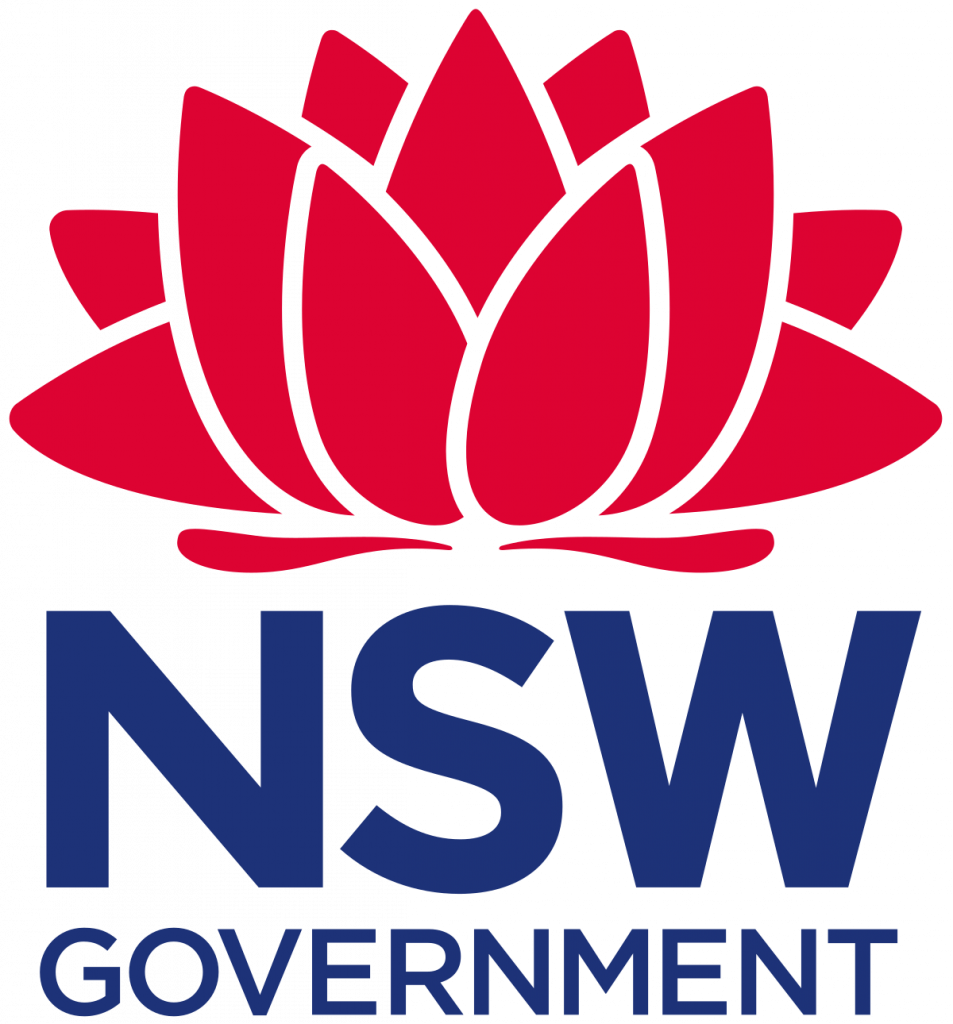
Disaster Declarations
A disaster declaration is a frequently updated list of Local Government Areas (LGA’s) that have been declared a natural disaster. Disaster declarations are issued by the NSW Government and include an Australian Government reference number (AGRN). If an area has been declared a disaster, affected communities and individuals may have access to disaster relief assistance.
If you live in an area declared a natural disaster you may be eligible for Disaster Assist financial assistance or other support from the NSW Government.
The NSW Reconstruction Authority leads whole-of-government disaster and emergency efforts from prevention through to recovery.
Department of Home Affairs

Emergency Management coordinate efforts to respond to and recover from disasters and emergencies.
Disaster Recovery Payment This is a one-off, non-means tested payment of $1000 for eligible adults and $400 for eligible children affected by a major disaster either in Australia or overseas.
Disaster Recovery Allowance This is a short-term income support payment to help people who can show that the disaster directly impacted their income.
Disaster Assist is a website that is updated regularly during an emergency with information you need about what the Government is doing to help people, communities, businesses and local governments to recover from natural disasters.
Cleaning Up After a Disaster
Emergencies by their very nature are disruptive and can be very stressful. A major dilemma many households face with wind and water damage, is how and where to begin the massive clean-up.
Cleaning Up After a Disaster The Red Cross has some useful tips and practical information to help households start the clean-up-both inside your home and outside.
The NSW SES also has information called After Flooding with helpful factsheets.
